Clinical Trials
Clinical Case Study - Randomized Cross Over Efficacy Study Metabolic Disorder
Clinical Case Study - Evaluting Abuse Potential (HAP) neuropathic pain medication
Clinical Case Study - Drug-Drug Interactions (DDI) Cardiovascular Medication
Clinical Case Study - FIH Safety and Tolerability Cannabis Extract
Clinical Case Study - 505(b)(2) Regulatory Approval, Multiple NDA-enabling Studies
Meet your milestones faster with Altasciences' targeted approach for recruiting special and patient populations
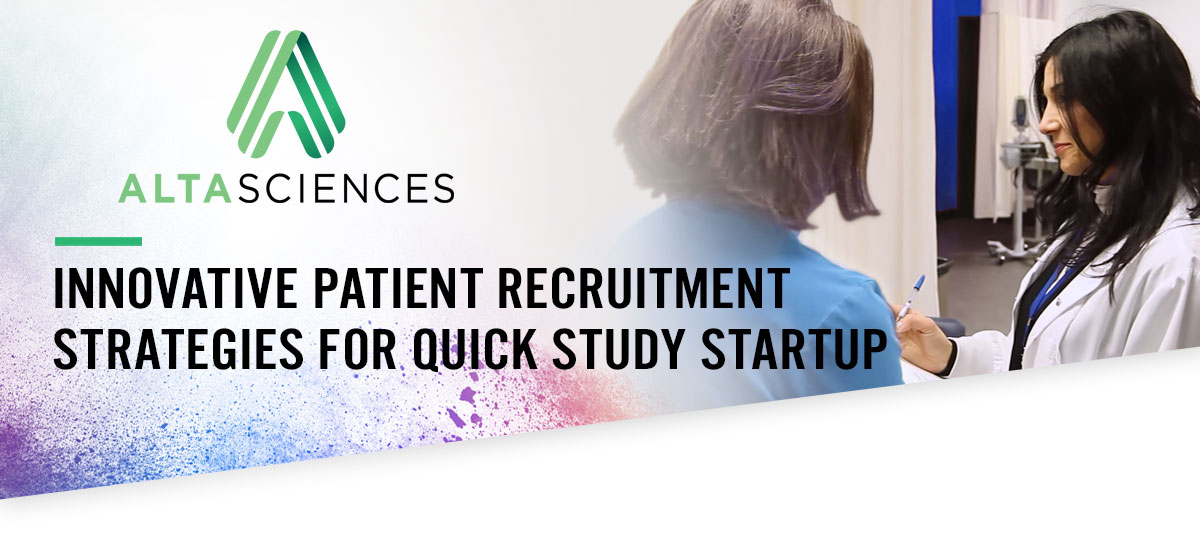
|
|
Altasciences' clinical pharmacology services involving patients and special populations include a scientific/medical and operational set-up that enables us to perform studies within one of our own Phase I/II centers or in collaboration with an extensive network of investigators. Over the past 25 years, our approach has demonstrated proven advantages and has resulted in delivery of faster and better patient pharmacology data to our clients. RecruitmentAltasciences has a full-time, in-house recruitment team and call centers at each of their clinical facilities. We design effective and efficient recruitment strategies to reliably meet your targeted milestones. We keep up with constantly changing web technologies and look for new ways to connect and interact with our participants. The strategic use of online media allows us to target segments to a specific demographic. Our online participant portal is unique in the industry. Participants can schedule a screening appointment for studies that match their profile, track screening results, and confirm their presence for the start of a trial. We also have a robust relationship management system that allows us to reach out to a targeted list of participants with our database throughout a study's progress. Phase I/II CapabilitiesAltasciences partners with local research teams and hospitals to expand our Phase I/II capabilities. We offer a flexible set-up that allows us to identify the appropriate operational strategy according to project-specific requirements. We create tailor-made solutions based on three core elements:
|
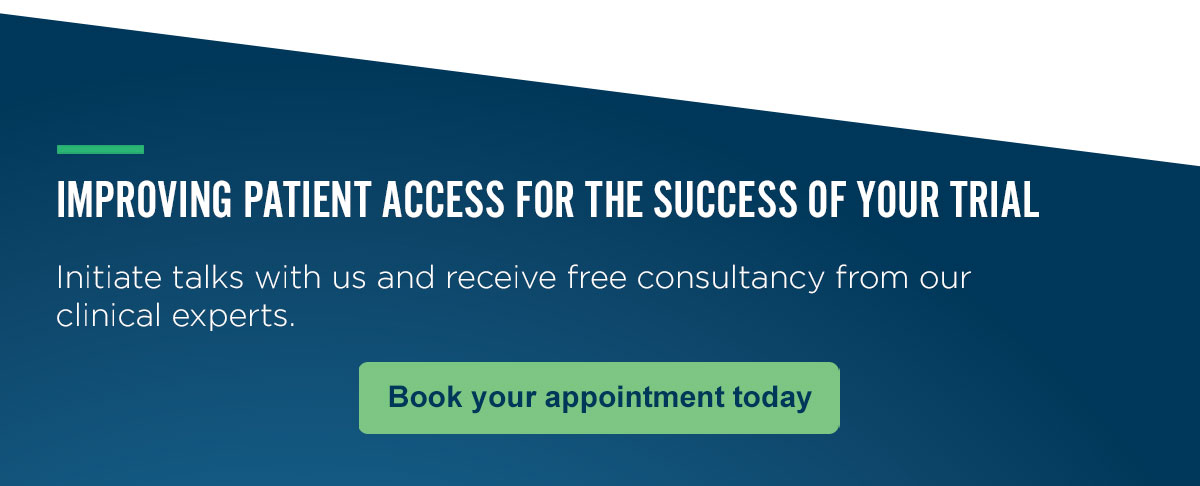
|
A Distinct Approach to Human Abuse Potential Studies
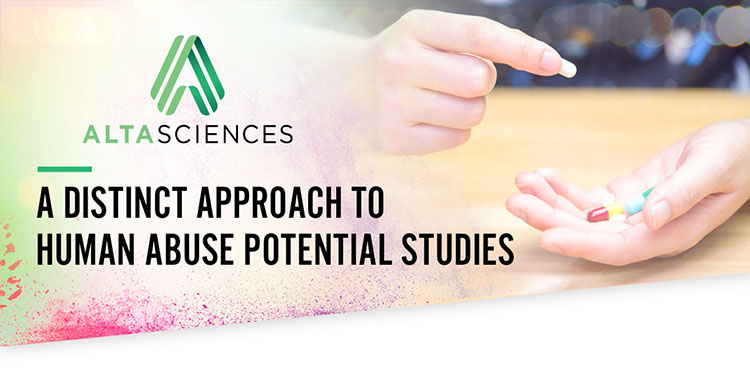
|
|
Altasciences has conducted over 40 HAP studies since 2008 and has been awarded repeated multi-year contracts with the NIH and the FDA. Our studies evaluate the safety of both New Chemical Entities (NCEs) that are CNS-active, chemically or pharmacologically similar to other drugs with known abuse potential, or produce psychoactive effects such as sedation or euphoria. We also evaluate the effectiveness of abuse-deterrent formulations (ADFs) to assess the ability of the new formulation to be tampered with and abused. Well-controlled studies are critical in ensuring effective scheduling decisions for NCEs and labeling claims for ADFs. Our fully integrated offering includes comprehensive clinical studies in healthy normal human volunteers and patient populations. Our specially designed smoking rooms also allow for the controlled evaluation of abuse potential for tobacco and nicotine products. Sponsors choose Altasciences as their preferred partner for HAP and ADF studies because of our unique expertise: |
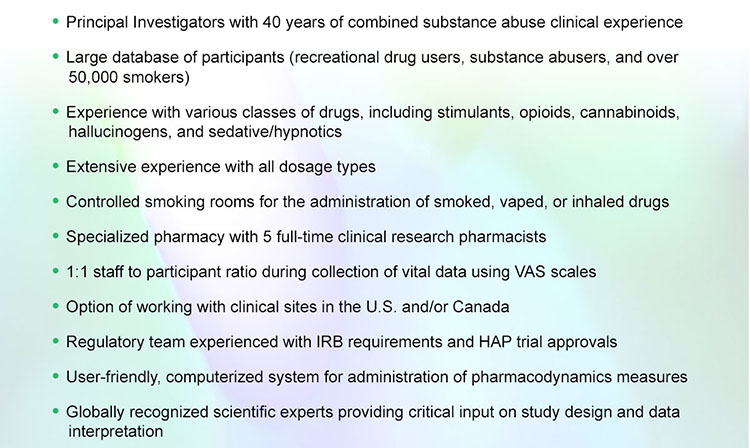
|
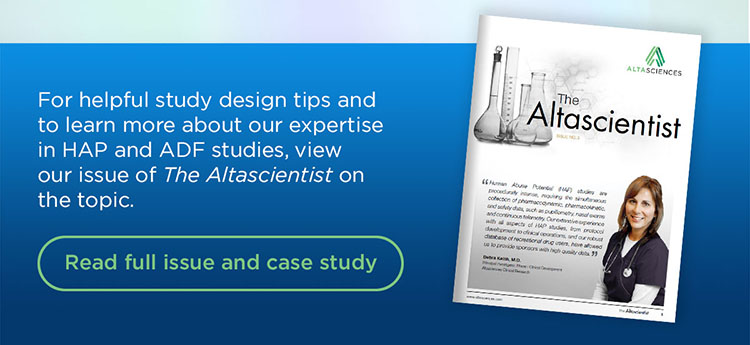
|
|
If you have questions on your HAP or ADF studies, our experts will be happy to chat with you and guide you in the best strategic approach for your drug development program. |
Driving Simulation Studies to Assess Cognitive Impairment
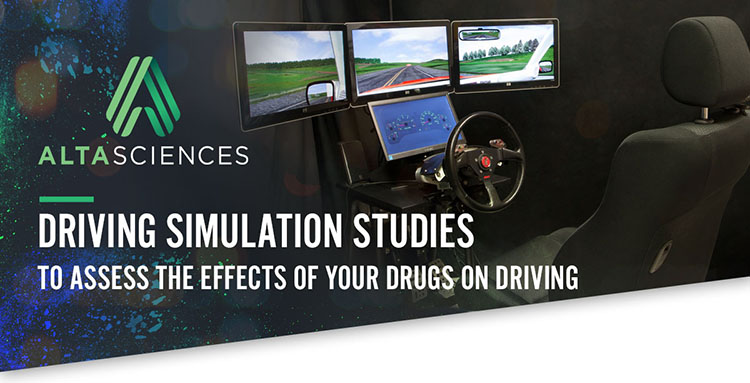
|
|
The FDA requires that all new drugs be evaluated for adverse effects on the central nervous system during first-in-human (FIH) studies. If adverse effects are observed, such as somnolence, further clinical trials must be conducted with the addition of cognitive test batteries. In collaboration with Cognitive Research Corporation (CRC), Altasciences designs and conducts specialized driving studies. Watch our experts explain in more detail. |
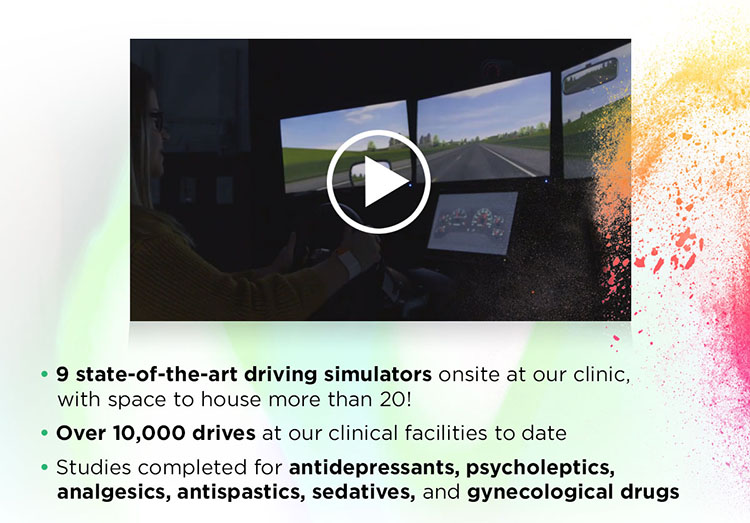
|
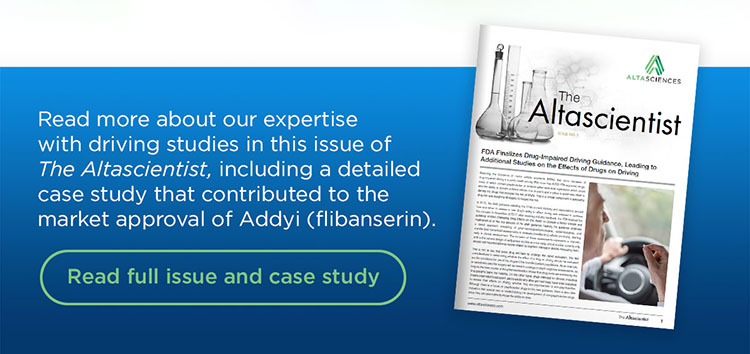
|

|
Evaluating the effects of cannabis-based medicinal products
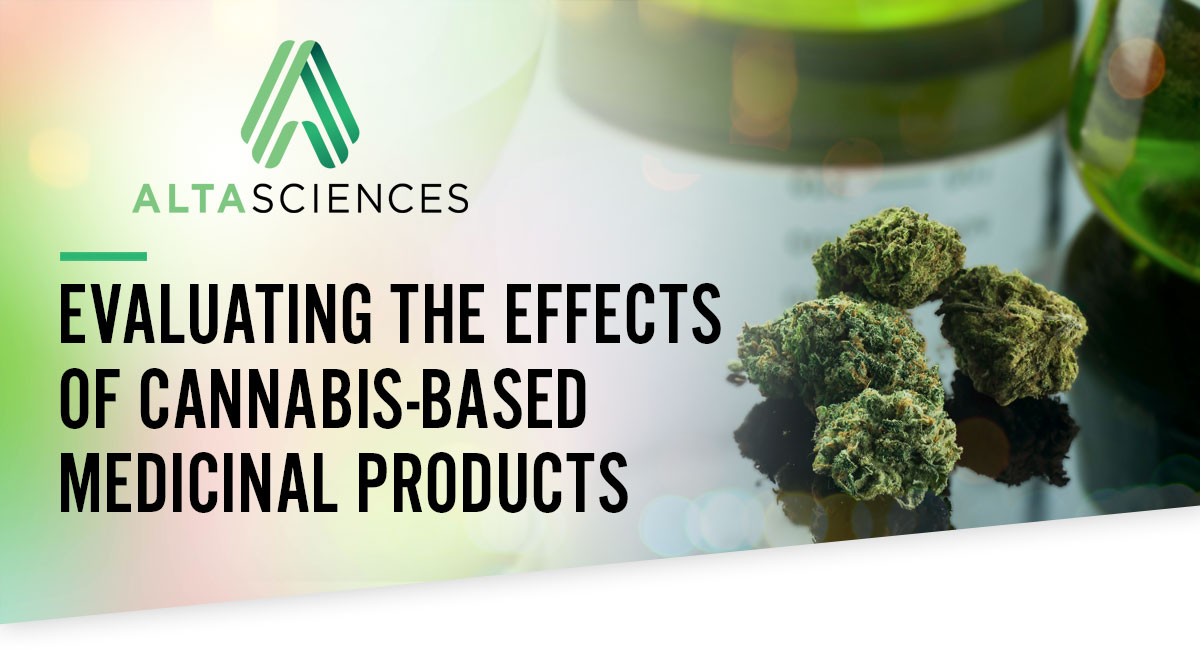
|
||||||||||
|
Altasciences is a world leader in preclinical, clinical, and bioanalytical testing, and has been pioneering cannabis research for over 10 years in support of the FDA's strict guidelines on the use of the plant extract in medicinal products. |
||||||||||
|
||||||||||
|
Sponsors partner with Altasciences in the early phases of their drug development program for our experience and innovative approach to evaluating the effects of cannabis on cognitive abilities. |
||||||||||
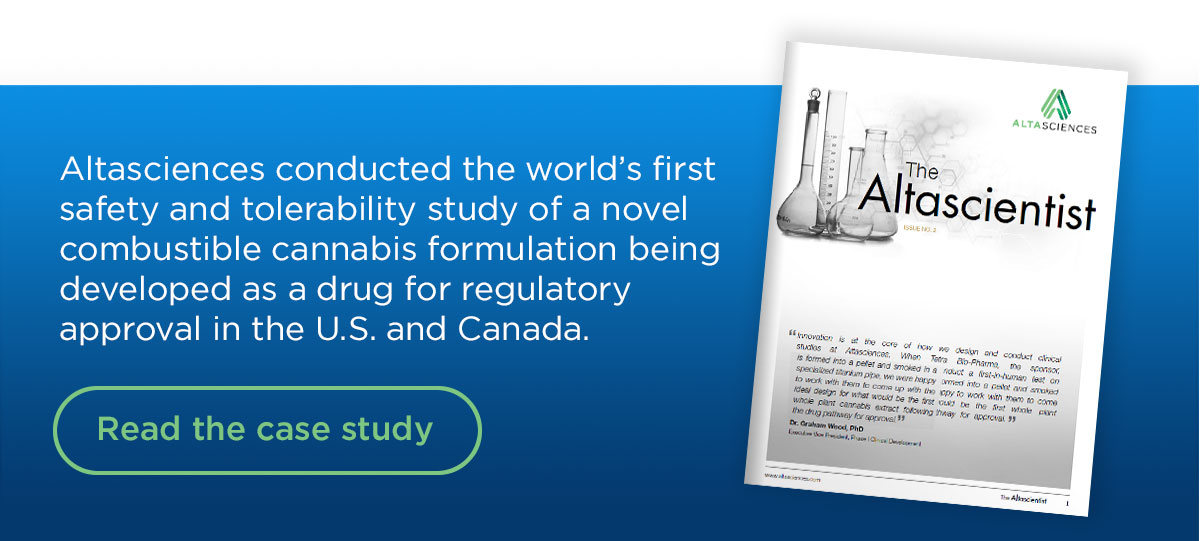
|
||||||||||
|
Questions on cannabis studies, regulatory requirements, or how we can help with your early phase drug development program? |
The right CRO for your preclinical and clinical biosimilar studies
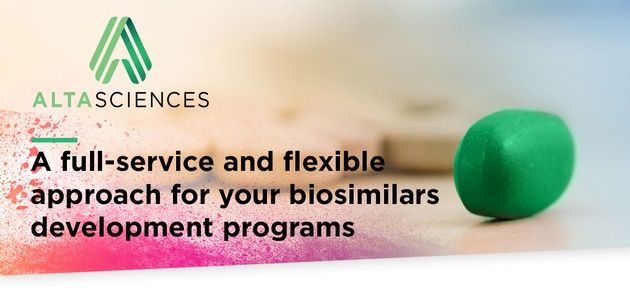
|
||||||||||||||
|
Companies developing biosimilars are collaborating with us because of our firsthand preclinical and clinical experience, distinctive recruitment strategies and speed in conducting biosimilar studies that require a customized approach based on the therapeutic indication and study-specific goals. |
||||||||||||||
|
We have the scientific, toxicological, medical, and bioanalytical know-how to design studies that meet your objectives and timelines, manage any associated risks, and develop the methods required to analyze your product and its potential immunogenicity. |
||||||||||||||
|
How we help move your biosimilar programs forward: |
||||||||||||||
|
||||||||||||||
|
View our issue of The Altascientist on the topic and contact one of our experts to learn how we can help with your biosimilar programs. |

